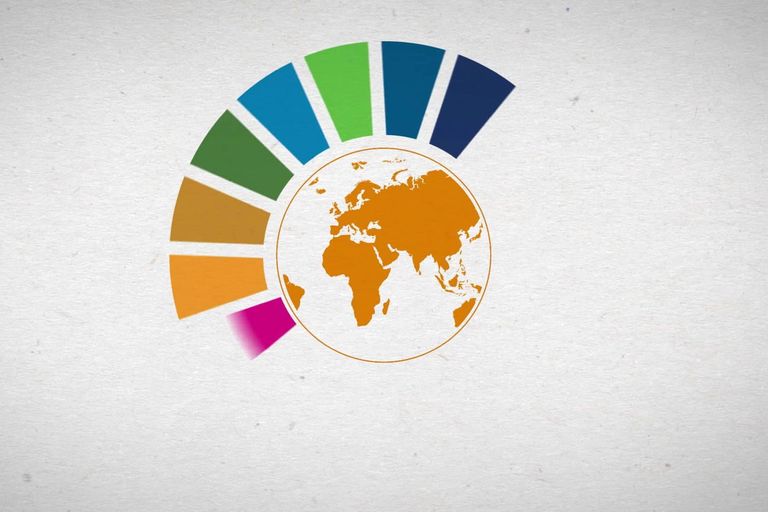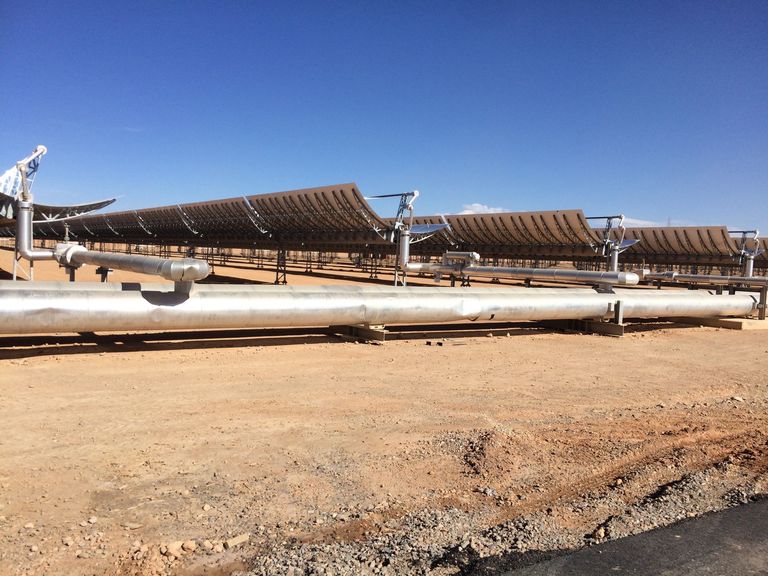By Tobias Haller
Global development trends have led to an increased connectivity, boosting Mega-Infrastructure (MIP) Projects (roads, rails, pipelines, ports and related extensive raw material extraction and agro-industrial production). The aim is to provide access to and transportation of goods and raw materials. In this way, MIPs are criss-crossing large areas between and within continents as the Belt and Road initiative illustrates. In addition, green economy policies and energy demand have increased this trend, legitimating MIP extensions as a means to increase sustainable production (biofuel production, solar and wind parks, railway extensions etc.) and to reduce emissions causing climate change. Furthermore, geo-strategic motivations increase competition and accelerate the planning of MIPs.
Officially, MIPs are legitimated by implementing states and the private sector as bringing development and represent a modernity enchantment discourse. But this hides that there are many losers in this process: Local resource users often cannot profit from MIPs, while at the same time see their land and land related common-pool resources being encroached. These were previously governed by local common property regimes later transformed into state property during colonial and privatized during postcolonial periods. With increased areas used for MIPs also increased commons grabbing processes and hence local disenchantment unfolds.
During the workshop, we present and discuss findings from an interdisciplinary and international research on these issues. If you are a researcher working in this filed and would like to present your work in this workshop, please contact Prof. Dr. Tobias Haller, haller@anthro.unibe.ch.
Registration: Please register for the workshop





